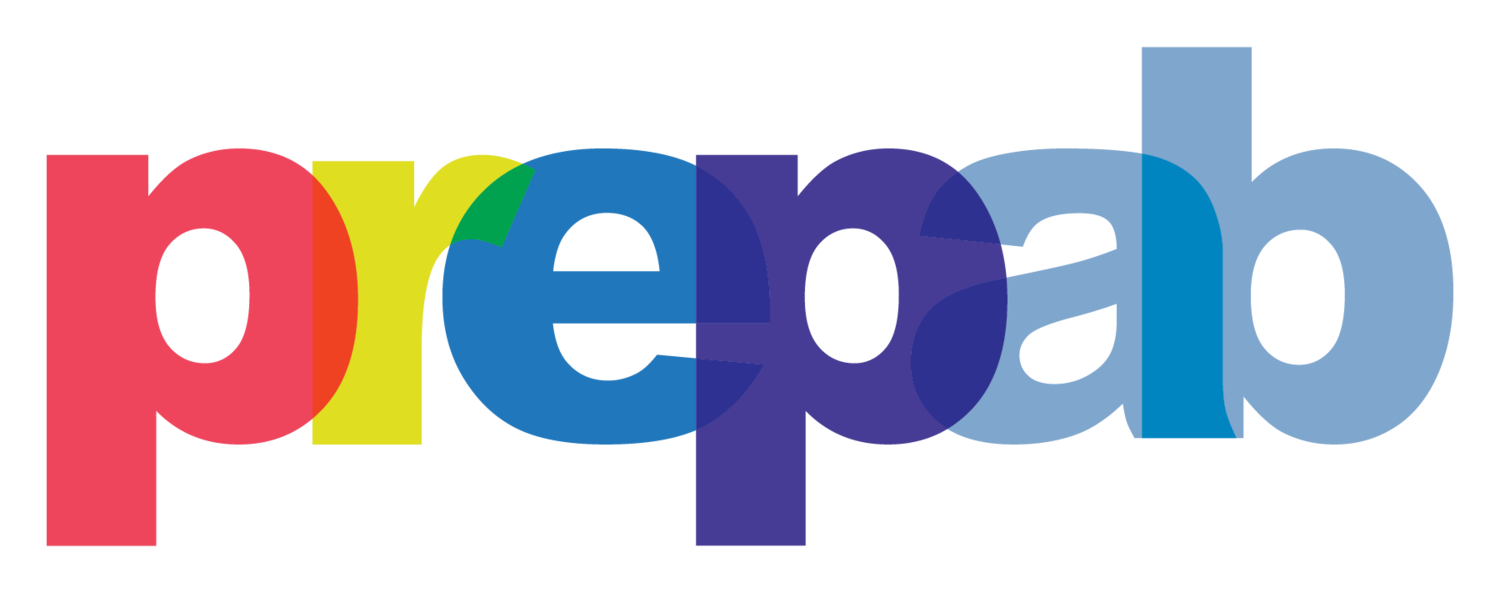
gbMSM Communities
PrEP Access: Barriers & Opportunities
The following are PrEP access barriers and opportunities experienced by gay, bisexual, and other men who have sex with men (gbMSM) communities in Alberta, as described by gbMSM community members and service providers. This knowledge was shared through EMHC’s PrEP Alberta consultation series and was presented back to participants for validation. While these do not capture all PrEP access barriers, opportunities, and accessibility considerations experienced by gbMSM community members and service providers, they do provide an important starting point for healthcare or service providers when supporting indigenous clients or communities in seeking PrEP.
Barriers
This section focuses on PrEP access barriers experienced by gbMSM communities. By barriers, we mean things that might make PrEP access more challenging.
Lack of Designated Prescribers
There is poor geographic distribution of designated PrEP prescribers, with few outside of Edmonton and Calgary. Where specialized PrEP clinics/services are offered, there is often a burdensome waiting list for those seeking to start PrEP.
Lack of Support for Vulnerable gbMSM
We lack the coordinated system and resources necessary to support PrEP education, access, and adherence for the most vulnerable gbMSM in need of PrEP. Examples include gbMSM who use drugs, are involved in sex work, and/or are street involved.
Lack of Provider Knowledge
Many healthcare providers are unaware of PrEP. This contributes to missed opportunities to connect people to PrEP who would benefit from it. It also contributes to a lower number of designated prescribers, which exacerbates PrEP access challenges.
Opportunities
This section focuses on opportunities to enhance PrEP education and access for gbMSM communities. By opportunities, we mean things that would make access to PrEP and information about it easier or more accessible.
Make it Easy
To ensure PrEP information is accessible, resources should be streamlined and easy to digest. Consider using formats like posters and flowcharts instead of lengthier, text-based formats like longer brochures.
Deepen Knowledge
Since many gbMSM are already aware of PrEP, gbMSM-facing PrEP education can likely dig deeper into lesser known information, like PrEP “on-demand” PrEP use and screening, monitoring, and follow-up requirements.
Educate Other Audiences
As gbMSM are generally quite knowledgeable about PrEP, resources are needed for other audiences in the PrEP access pathway, including healthcare (doctors, nurses, pharmacists) and services providers (CBOs).
Diversify Delivery
gbMSM are diverse and access health information from a variety of sources. PrEP information should be shared through a variety of mediums, like LGBTQ2S+ organizations and venues, dating/hookup apps, drag performers, clinics, and more.
Set Realistic Expectations
Given that many gbMSM still experience a number of PrEP access challenges, avoid setting unrealistic expectations, as this could result in people giving up if access takes longer or is more complicated than expected.
Be Sex Positive
PrEP resources and services should be sex-positive and nonjudgmental and should refrain from using stigmatizing language like “unsafe” and “risky,” instead using terms like “safer sex” and “condomless sex.”
Combat HIV Stigma
PrEP resources and services should not use language which stigmatizes HIV and those living with it. This includes terms like “fighting HIV” or “a pill a day keeps HIV away.” Consider coupling PrEP education with information about “U=U.”
Read the remaining sections of this report to learn more about the unique PrEP access barriers and opportunities experienced by other populations.










